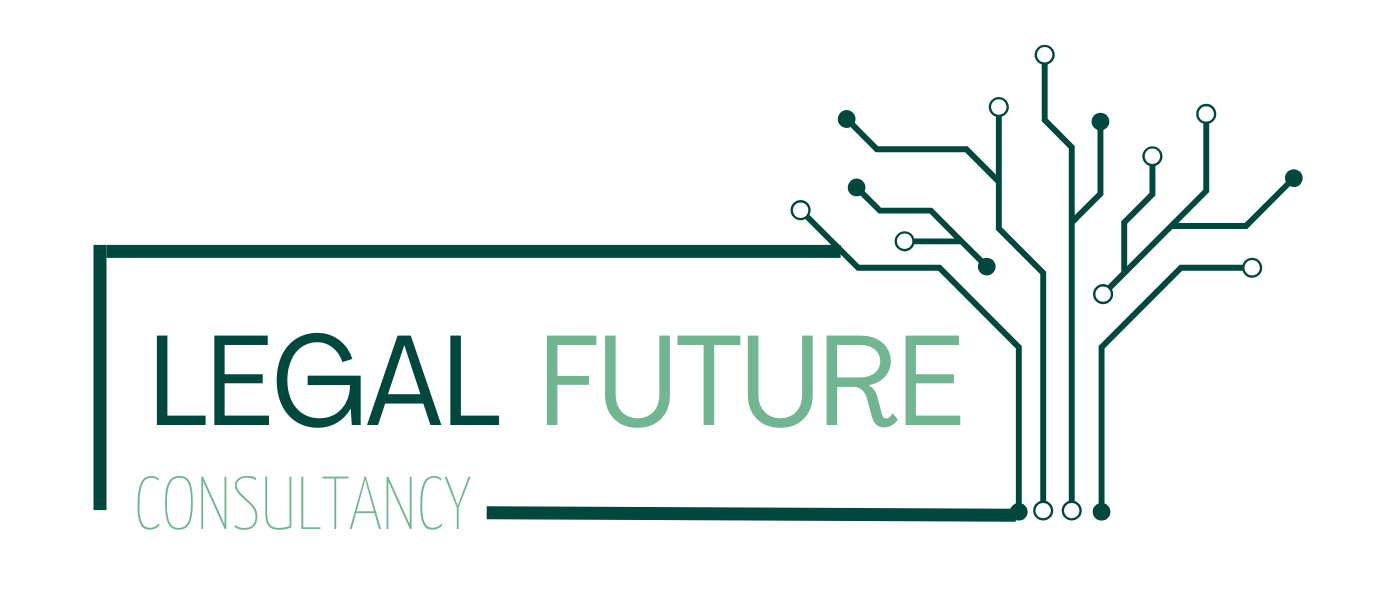Decent legal documents are the basis for conducting any sound business with a client or partner. When your agreements are clearly written down, you both know what to expect and there is little room for interpretation. Still, disputes arise more than often about the execution of a contract. For example, a client may not want to pay you because they feel your service did not meet their expectations. Or the discussion is not about a contract at all, but someone has copied a computer programme you wrote and is now releasing it under his own name.
In these and other cases, the facts of the case must first be clear. Who did something and with what intention? Then, these facts are considered from a legal point of view. What did you and your client or partner exactly agree upon when entering into this contract? In the absence of an agreement, what does the law say about this situation? Frequently, it is not just a question of who is right, but there are bigger interests at play.
Once the case has been clarified factually and legally, it’s time for a strategy. Together, we look at the strategic and financial stakes of the case. Does it make sense to fight an important trading partner? Off course, when someone infringes your copyright, you naturally want to do something about it. Together, we decide what action is appropriate.
One wants to avoid a lawsuit at all costs. Legal Future cannot help you with this either, as I am a lawyer and not an attorney. Lawsuits are expensive, time-consuming and negative for your company’s reputation, even if you are right. At legal future, you are assured of a fast, thorough approach to your case where all interests are expertly balanced. You will receive legal assistance from a lawyer who understands your industry and is not afraid to act drastically when necessary.

